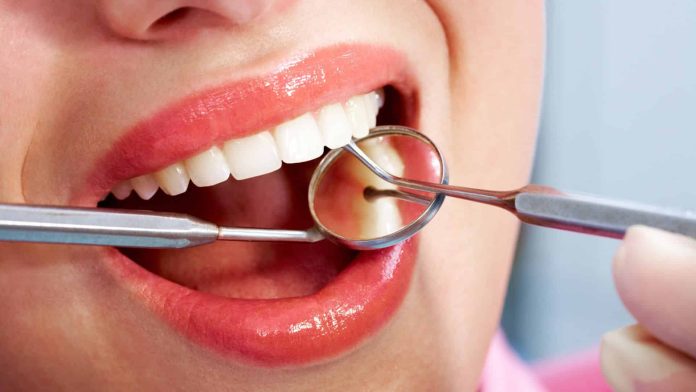When it comes to dental health, many people know the basics: brushing, flossing, and seeing the dentist regularly. However, understanding the range of dental treatments available can help you make informed decisions and feel more comfortable about any procedures you may need.
In this post, we’ll break down common dental treatments, explain when they’re necessary, and highlight how they contribute to maintaining a healthy, confident smile.
1. Dental Cleanings and Exams
The foundation of dental care begins with professional cleanings and examinations. During these visits, dental hygienists remove plaque and tartar buildup that regular brushing can’t eliminate. Exams allow dentists to check for cavities, gum disease, oral cancer, and other issues.
When you need it: Routine cleanings and exams are recommended every six months, but your dentist may suggest more frequent visits depending on your oral health.
2. Fillings
Fillings are one of the most common dental treatments used to repair cavities caused by tooth decay. After removing the decayed portion of the tooth, the dentist fills the cavity with materials like composite resin, amalgam, or porcelain to restore its shape and function.
When you need it: If you have a cavity detected during your exam, a filling prevents further decay and strengthens the tooth.
3. Root Canal Therapy
Root canals are needed when the tooth’s pulp—containing nerves and blood vessels—becomes infected or damaged. This treatment removes the infected tissue, cleans the inside of the tooth, and seals it to prevent reinfection.
When you need it: Symptoms like severe toothache, sensitivity to hot or cold, swelling, or discoloration may indicate the need for a root canal.
4. Crowns
A crown is a cap that covers a damaged or weakened tooth to restore its shape, strength, and appearance. Crowns are often used after root canal therapy or for teeth with large fillings or cracks.
When you need it: Crowns protect and reinforce teeth that are at risk of breaking or are already structurally compromised.
5. Extractions
Sometimes, a tooth is too damaged or decayed to be saved and must be removed. Extractions may also be necessary for impacted wisdom teeth or to prepare for orthodontic treatment.
When you need it: Your dentist will recommend extraction if other treatments cannot restore the tooth’s health or if keeping it poses risks to surrounding teeth.
6. Dental Implants and Bridges
These treatments replace missing teeth to restore function and aesthetics. Implants are titanium posts surgically placed into the jawbone, topped with crowns. Bridges use adjacent teeth to support replacement teeth.
When you need it: If you’ve lost a tooth or teeth, these options help maintain proper bite alignment, chewing ability, and prevent bone loss.
7. Teeth Whitening
Professional teeth whitening lightens stains and discoloration caused by food, drink, aging, or smoking. It’s a cosmetic treatment that can significantly enhance your smile.
When you need it: If you’re unhappy with the color of your teeth and want a brighter smile, whitening may be a good option after ensuring your teeth and gums are healthy.
8. Orthodontic Treatments
Braces and clear aligners correct misaligned teeth and bite issues, improving function and appearance.
When you need it: If you have crooked teeth, overcrowding, or bite problems like overbite or underbite, orthodontic treatment can help.
Why Early Detection and Treatment Matter
Many dental treatments are most effective when problems are caught early. Regular dental exams and cleanings help detect issues before they cause pain or extensive damage. Early intervention saves time, money, and preserves your natural teeth.
How to Choose the Right Treatment for You
Every patient’s needs are unique. Your dentist will recommend treatments based on your specific oral health condition, lifestyle, and goals. Don’t hesitate to ask questions or discuss concerns to understand your options fully.
Final Thoughts
Understanding the variety of dental treatments available helps demystify the process and reduces anxiety about dental care. Whether it’s a routine cleaning or a more complex procedure, timely treatment maintains your oral health and keeps your smile at its best.
Schedule regular dental visits and consult your dentist about any concerns to ensure your teeth and gums stay healthy for years to come. We recommend All Smiles Dental.









